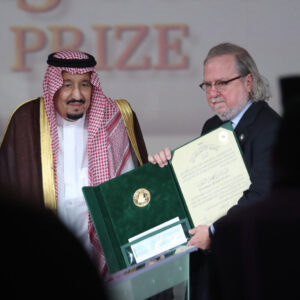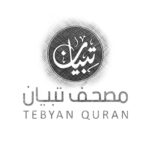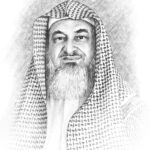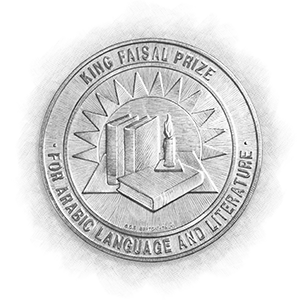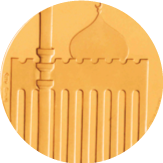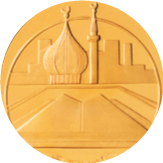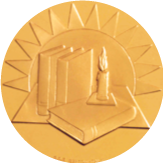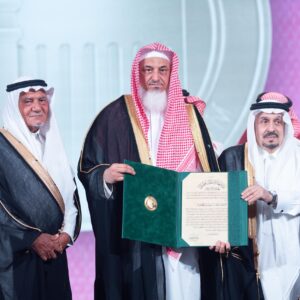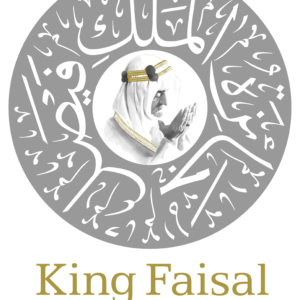King Faisal Prize
King Faisal Prize
King Faisal Prize
King Faisal Prize
The King Faisal Prize was established in 1977 and was granted for the first time in 1979.
The Prize recognizes the outstanding works of individuals and institutions in five categories:
Service to Islam, Islamic Studies, Arabic Language and Literature, Medicine, and Science.
2026 Nomination for King Faisal Prize Open
The General Secretariat of King Faisal Prize announced today, 1 September 2024, that it welcomes nominations to the 2026 award in its five categories (Service to Islam, Islamic Studies, Arabic Language and Literature, Medicine, and Science).
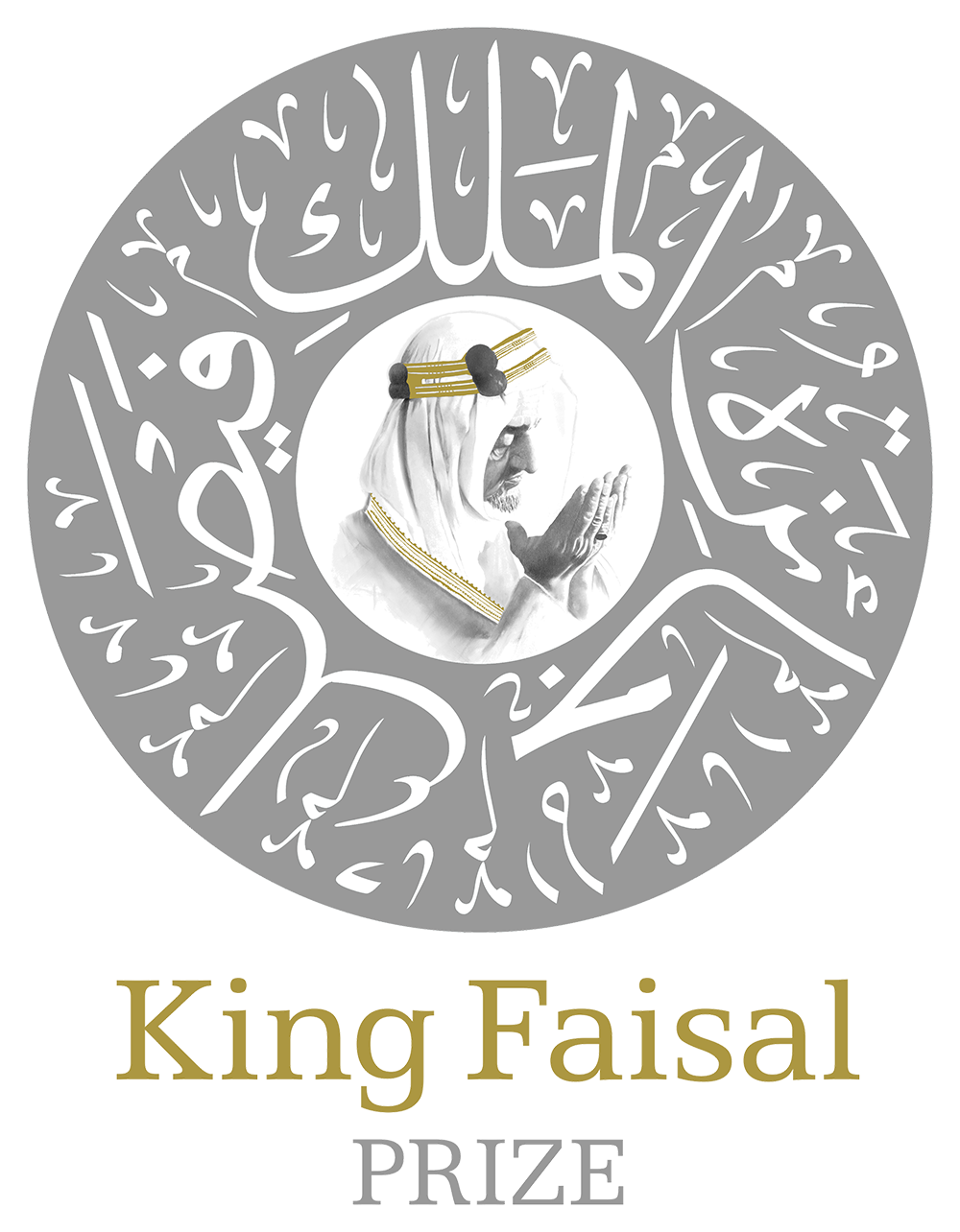
Award Process
2025 LAUREATES


KING FAISAL
Faisal bin Abdulaziz Al-Saud was born in the city of Riyadh in 1906. He grew up under the care of his father, the founder of the Kingdom of Saudi Arabia, King Abdulaziz bin Abdul-Rahman Al-Saud -may Allah rest his soul in peace. He learned reading, writing, the Holy Qur’an, and the basic principles of religion. He practiced horsemanship and political science, and used to attend his father’s councils, gaining hence extensive experience. King Abdulaziz realized Faisal's genius at a young age, so he chose him to represent him in international forums and to take up the leadership of the army. Faisal bin Abdulaziz Al-Saud achieved outstanding success and a prominent standing. In 1925 his father appointed him as his deputy general in the Hejaz region. A while later, he entrusted him with the Ministry of Foreign Affairs since its establishment in 1930. When his father passed away in 1953, Faisal became crown prince under the rule of his brother, King Saud. In 1964 he became king of the Kingdom of Saudi Arabia. He set out to govern the country, both domestically and internationally, in line with a wise policy, perceptive vision, and firm determination. During his reign, the Kingdom of Saudi Arabia saw a marked development in various fields. Its clout grew more prominent in Arab, Islamic, and global arenas. King Faisal was known for his remarkable positions in defending the just causes of the Arabs, unifying their positions, consolidating their ties, supporting their projects, and carrying the banner of Islamic solidarity. King Faisal made great contributions globally. Representing his country's government, he was one of the founding signatories of the Charter of the United Nations in 1945. He continued to contribute to the United Nations’ activities out of his staunch belief in the imperative of achieving justice, putting an end to injustice, and making humanity happy. At the apex of his illustrious and practical contributions to his religion, his country, his nation, and the entire world, he passed away as a martyr in 1975. Indeed, the country and the world lost, with his martyrdom, one of the most prominent personalities of the twentieth century.


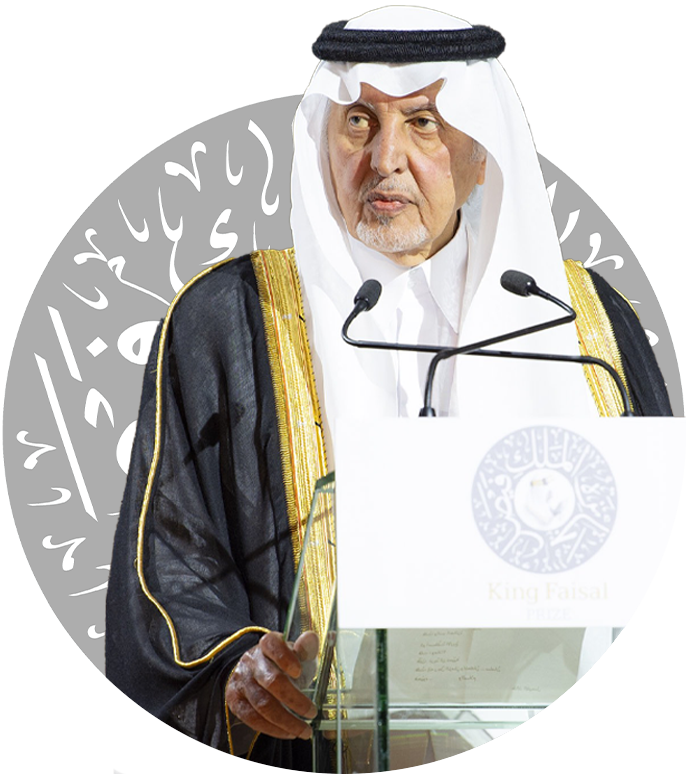
King Faisal Prize (KFP) was initiated by the King Faisal Foundation (KFF) inspired by its humanitarian objectives and its commitment to preserve the true Islamic values which King Faisal, may Allah have mercy upon him, stood for. These values and principles, held dearly by the late King Faisal, are firmly enshrined in the statute of the Prize.
KFF established the KFP as a lofty expression and reflection of late King Faisal untiring support for endeavors slated to alleviate human suffering through the advancement of research and creative human thinking. These are core values which the late King Faisal passionately upheld, besides his respect for knowledge, empathy with scholars, and his recognition of their contributions to the advancement of nations. He strongly believed that progress of his nation and his countrymen cannot be achieved without a resolute acquisition of knowledge that is commensurate with the values and teachings of Islam, as well as an in-depth understanding of human history and a genuine appreciation of the foundations in which the Islamic civilization is grounded, along with the conducive factors that helped this civilization blossom and thrive, and positively contribute to universal human civilization.
KFP is driven by objectives animated by this thorough human perception, emanating from the cradle of the Islamic message, a land to which the hearts of Muslims throughout the world are attached, a land founded on the principles of this message and ruled by its values. These features endow the Prize with a distinct prestige among peer prizes that seek to motivate scientists and thinkers and encourage them to pursue further scientific and intellectual accomplishments that benefit humanity and help foster a better and brighter civilization.
This year, we celebrate the 40th anniversary of KFP as it firmly wades its way towards its prestigious position among leading international prizes. The Prize takes special pride in being widely recognized for being impartial and independent of all political, sectarian, racial and religious considerations.
We pray to the Almighty Allah to preserve our country’s security and stability. May this country continue its noble mission under the leadership of the Custodian of the Two Holy Mosques, King Salman bin Abdulaziz, Supreme President of King Faisal Philanthropic Foundation. May Allah guide us all to that which benefits Islam and Muslims and contributes to the advancement and progress of mankind.
May Allah make our aspirations come true!


Chairman, King Faisal Prize Board
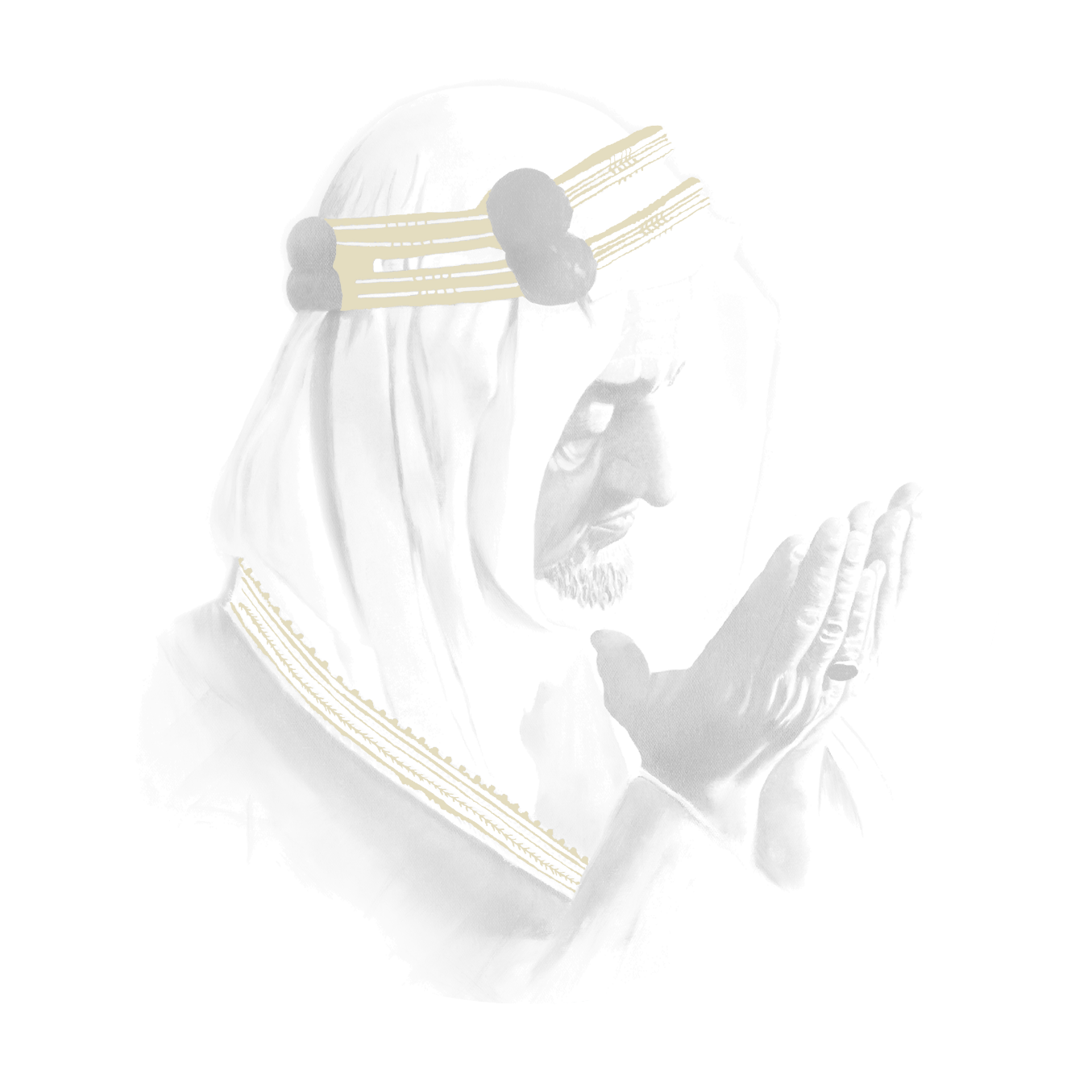
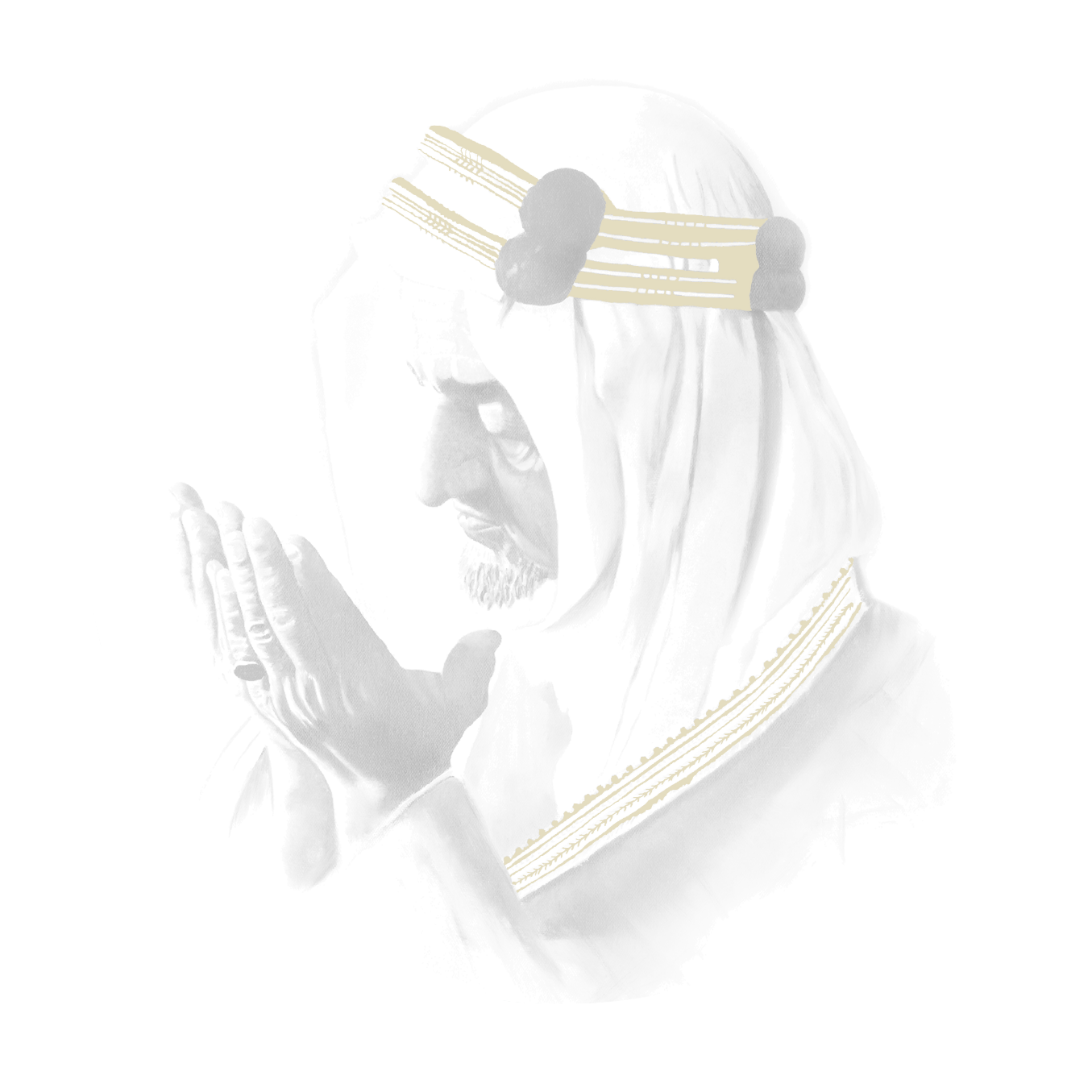
2026 Prize Topics
Award Process
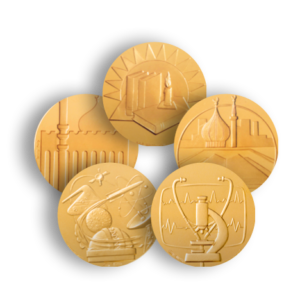
Announcement of Prize Topics

Refereeing
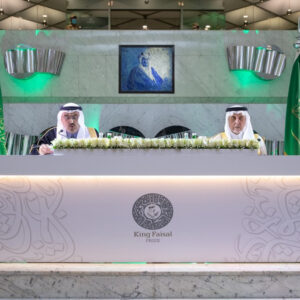
Announcing the Winners
